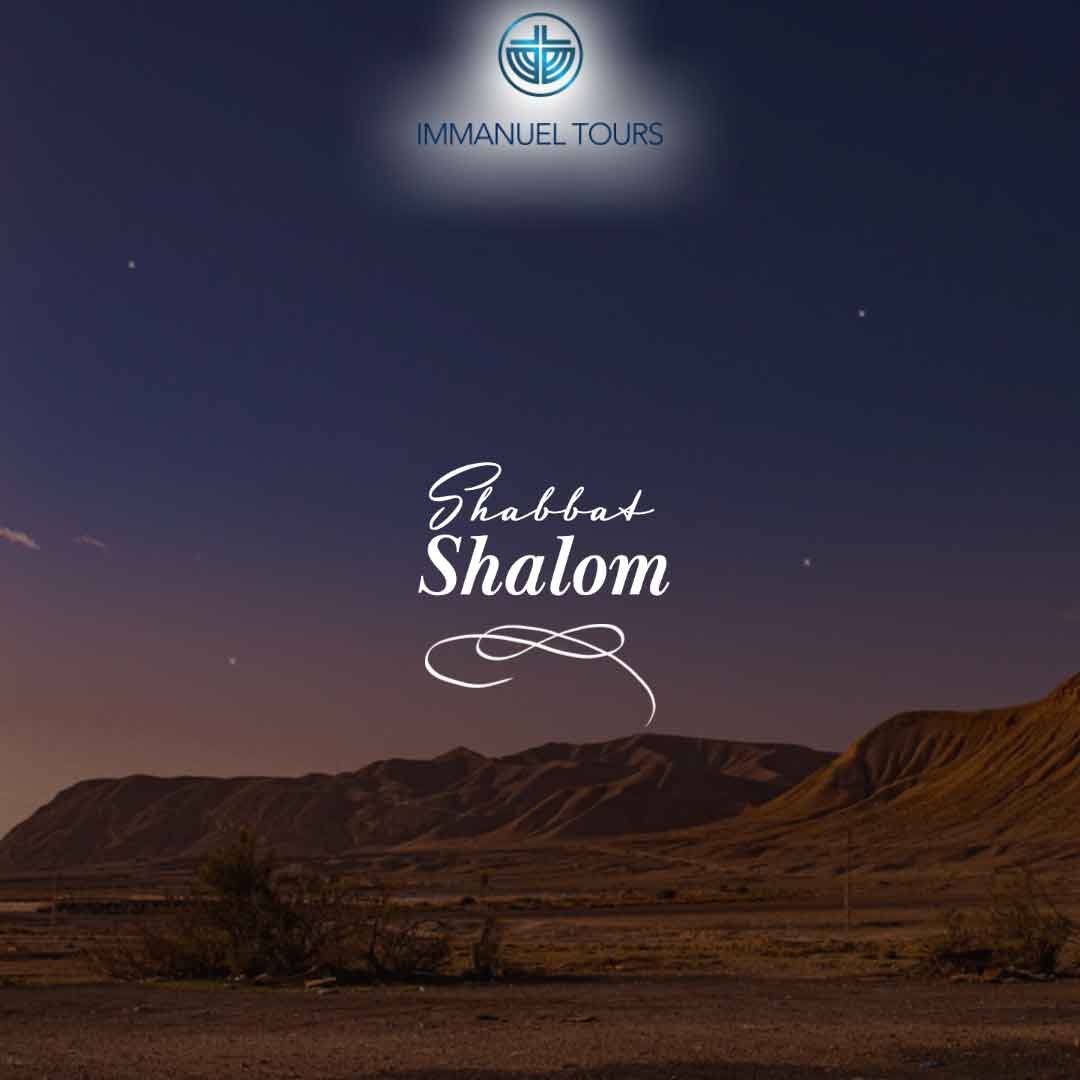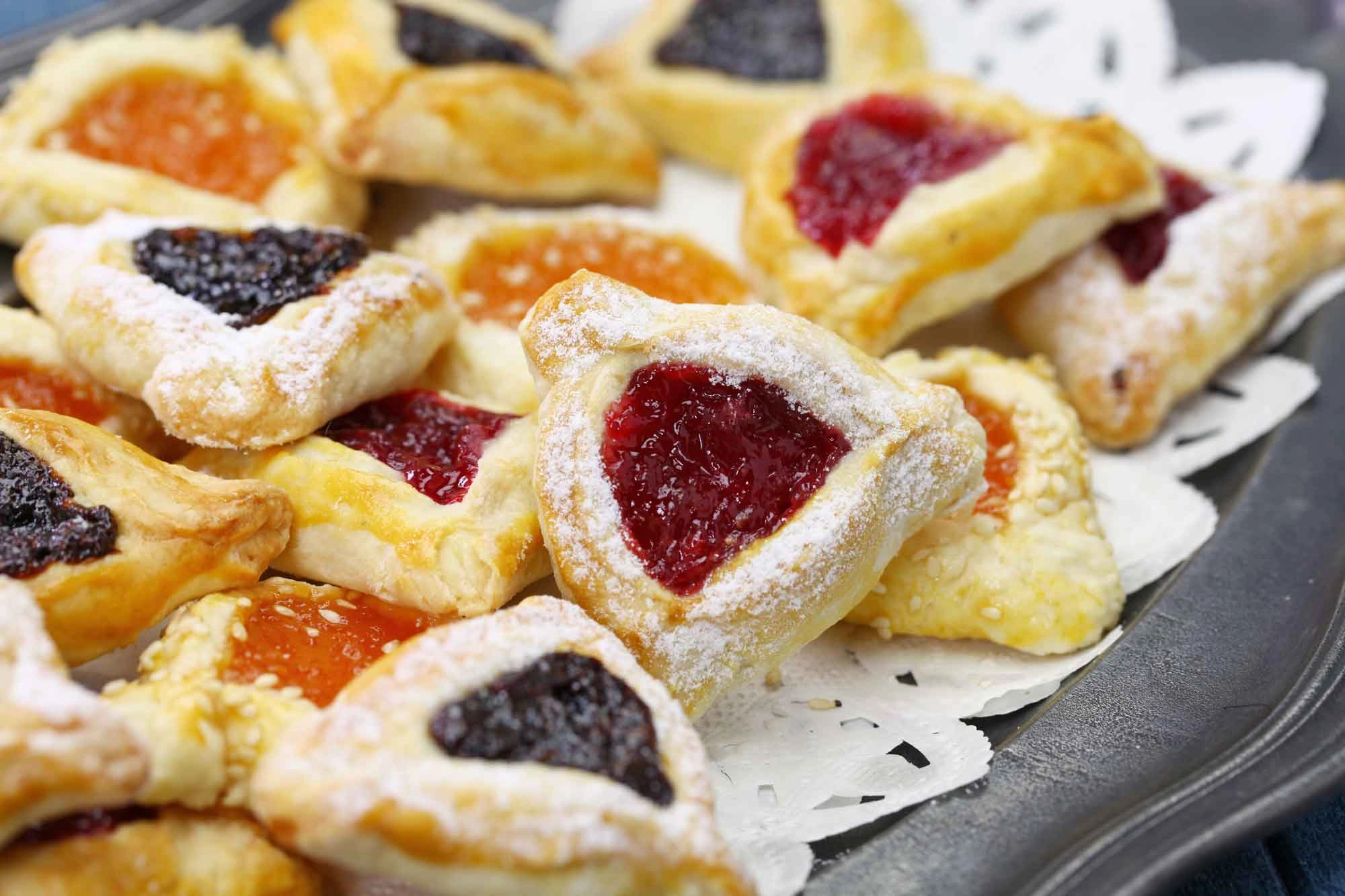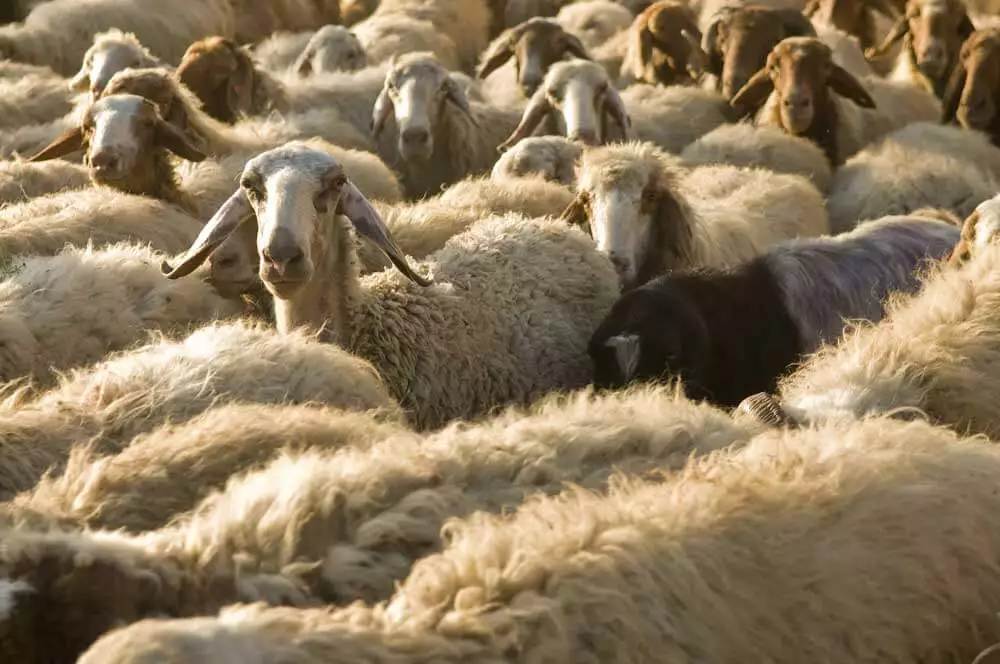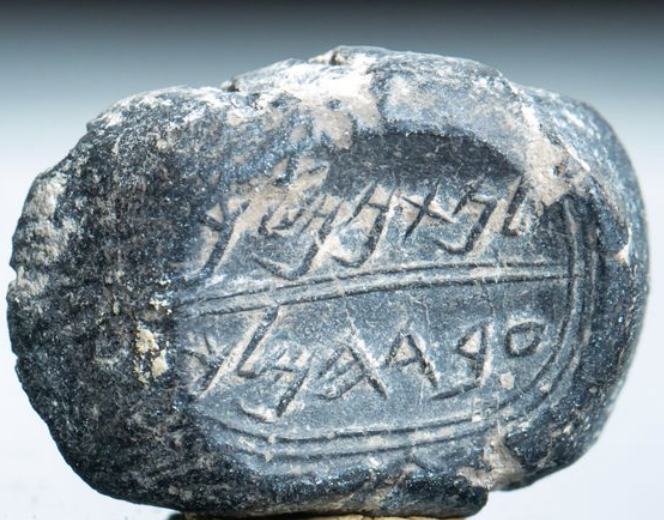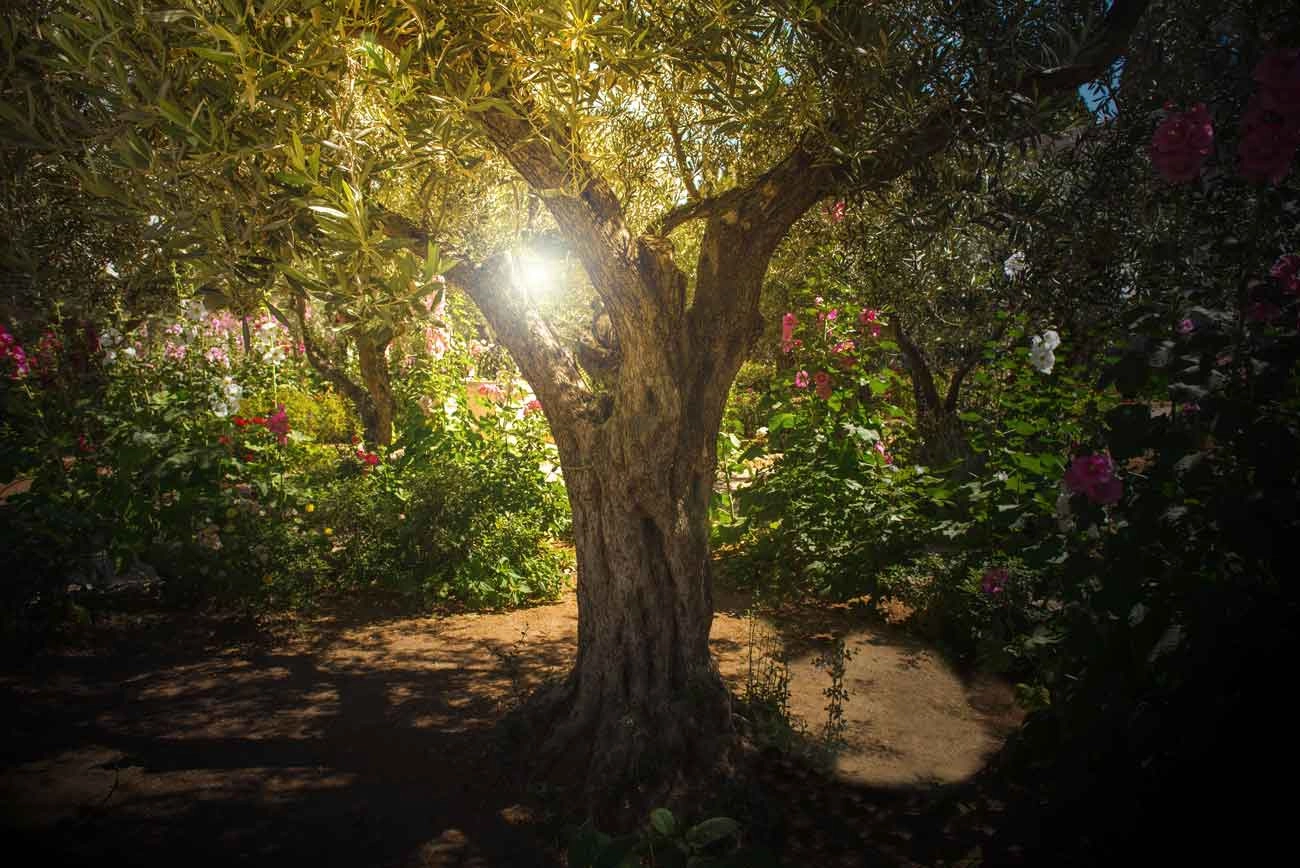In Jewish history and culture, shabbat has been an honored and special day every week, as the welcoming of the shabbat happens at sunset on Fridays. Families gather to celebrate Shabbat dinner and take a day of rest to honor the Lord. Once a year this day becomes even more special as the celebration of Pesach (Passover) approaches. The final shabbat before Pesach is called “Shabbat Hagadol” or “The Great Shabbat.
This day is called “The Great Shabbat” for several reasons all connected to the Exodus. For one, the slaves in Egypt are said to have purchased their sacrificial lambs on the 10th day of Nisan, the Hebrew calendar’s month that corresponds with March/April on the Gregorian or “civil” calendar. This purchase would eventually provide the needed blood for the door posts of the Hebrew houses to spare them from the plague of the first born, the final plague that killed the first born of every household not bearing the lamb’s blood. Today, Mezuzahs are still seen on Jewish door posts around the world. They hold a verse rolled up on the inside but the positioning on the doorposts is a reminder of God’s provision to His people.
Another reason for the name is that on this day many Rabbi’s give extensive lessons about the laws and the time of Moses. They seek to make sure to use the opportunity to teach the coming generations the importance of obeying God’s laws and remembering his faithfulness to their people.
There are many traditions that are followed on this day:
- Special hymns are sang that speak of the laws of Passover.
- Psalms 104 and 120-134 are read for the final time. These are traditionally read every Shabbat during winter.
- Part of the Passover Haggadah is read.
This year Passover begins April 8 and ends at Sundown on April 16th. Read our blog for special Passover lessons as well as lessons on the death and resurrection of Christ all week long!
Other observances to read about:

